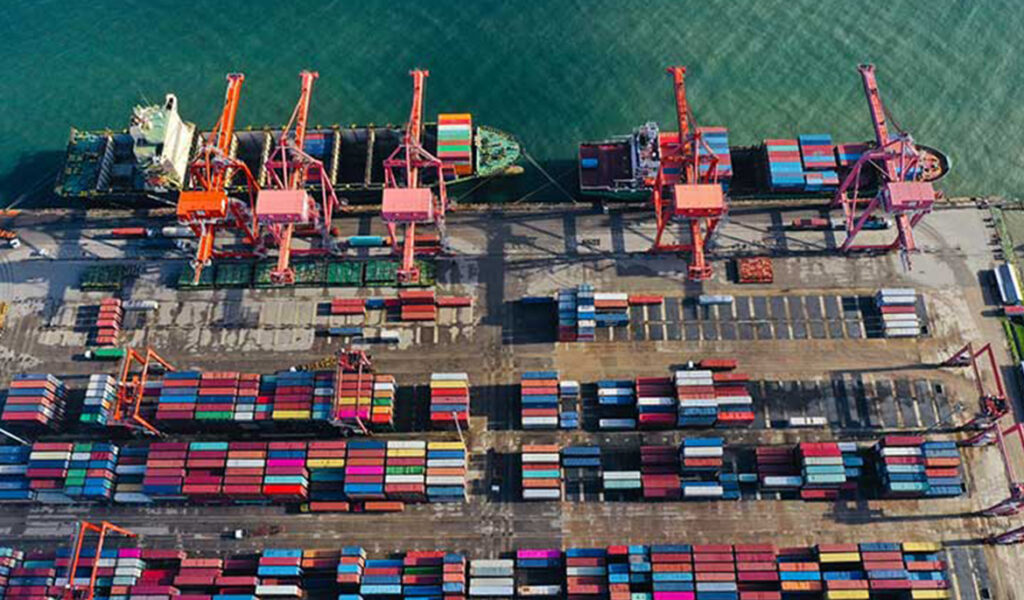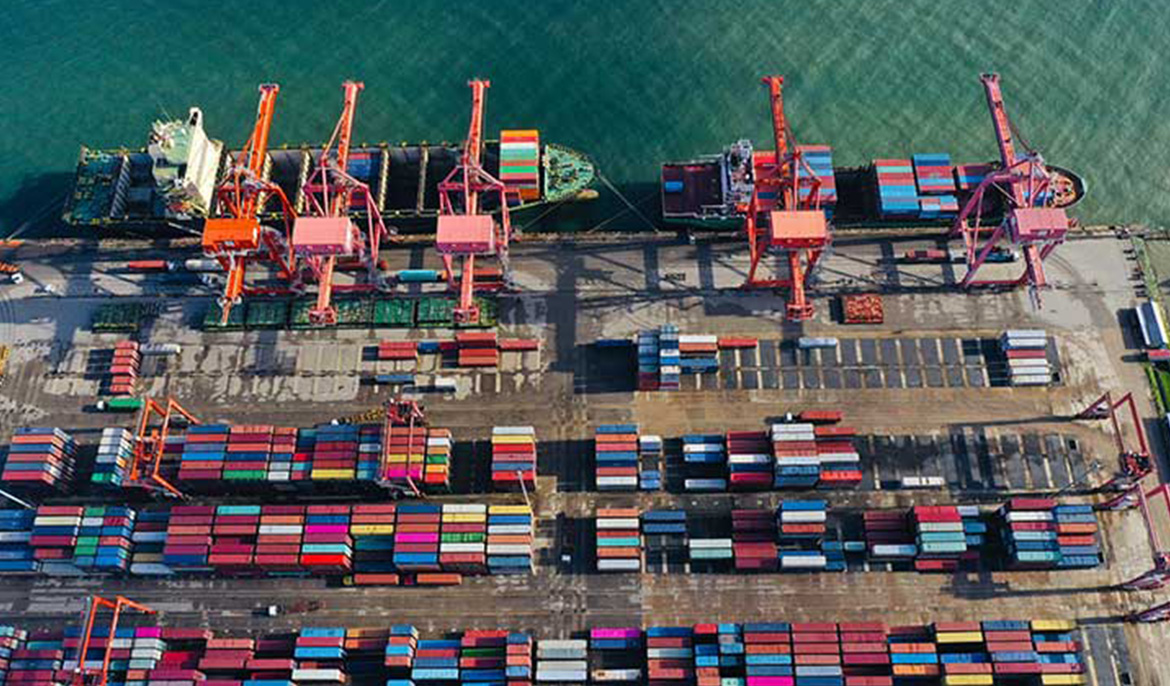Cambodia’s trade with the Regional Comprehensive Economic Partnership (RCEP) countries has surged by 16.8 percent to reach a remarkable $19.87 billion in the first seven months of this year, a report from the Ministry of Commerce showed yesterday.
The Kingdom’s RCEP trade accounted for 62.9 percent of Cambodia’s total trade volume during the period.
From January to July of this year, Cambodia exported $5.19 billion worth of goods to RCEP, a year-on-year increase of 13.28 percent while imports from RCEP countries amounted to $14.67 billion, up 18 percent.
The figure showed that the RCEP bloc has become an increasingly important trading partner for Cambodia, said Penn Sovicheat, Secretary of State and Spokesman at the Ministry of Commerce.
The trade bloc has been a driving force behind Cambodia’s economic growth, attracting foreign direct investments and creating new business opportunities, he said.
“Increasing exports to the RCEP signifies the importance of the market and the demand for Cambodia’s products. We are confident that the positive momentum will continue, contributing to Cambodia’s economic development and prosperity,” Sovicheat told Khmer Times.
The trade pact is also a catalyst in attracting new investment to Cambodia for producing finished products for exports, he said.
The RCEP free trade agreement that entered into force on January 1, 2022, comprises 15 Asia-Pacific countries, including the 10-member ASEAN — Brunei, Cambodia, Indonesia, Laos, Malaysia, Myanmar, the Philippines, Singapore, Thailand and Vietnam — and five trading partners, namely China, Japan, South Korea, Australia, and New Zealand.
Being the world’s largest trade bloc, the RCEP region has a combined GDP of $26.2 trillion, representing around 30 percent of the global GDP, 28 percent of global trade, and 32.5 percent of global investments.
Prime Minister Hun Manet has recently said that Cambodia is negotiating free trade agreements with several other countries too, urging stakeholders and producers to keep existing markets by maintaining standards and trust.
The Prime Minister also expressed the intention to transform Cambodia from a country that exports raw materials to one producing semi-finished and finished products to supply to domestic and export markets, thereby enhancing people’s livelihoods.



